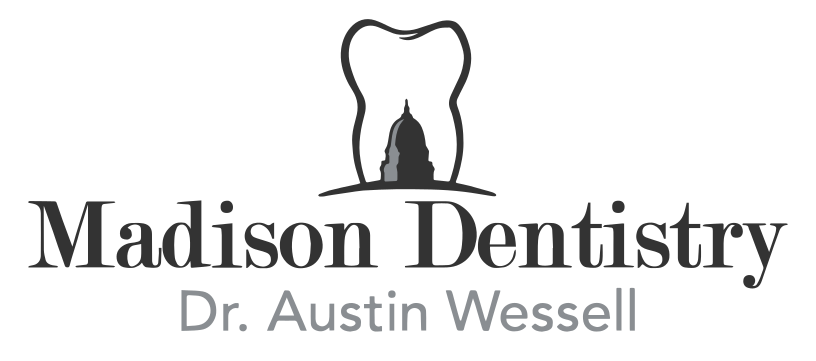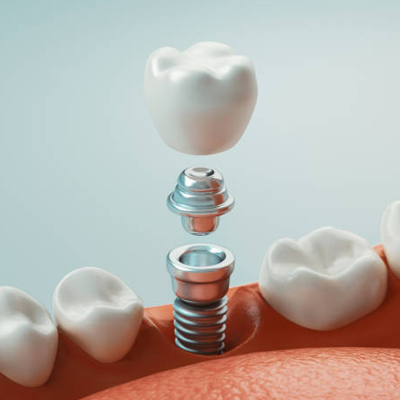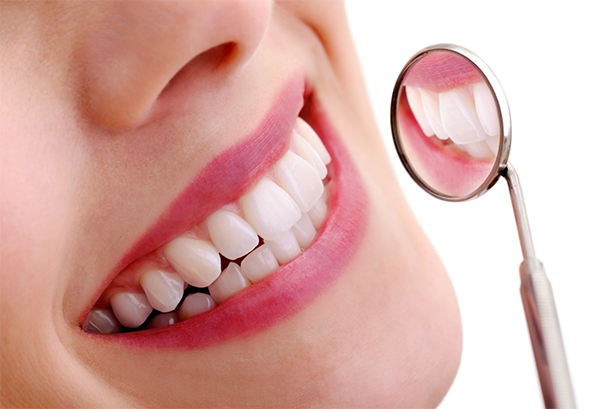
In dentistry, full mouth rehabilitation, or full mouth reconstruction, is a comprehensive procedure that aims to restore a patient’s oral health, function, and appearance. This extensive procedure can involve various dental treatments, such as crowns, bridges, dental implants, orthodontics, and more, depending on the patient’s specific needs. One of the most common questions patients have about full mouth rehabilitation is, “How long does it take?” In this blog, we’ll explore the factors that influence the duration of full mouth rehabilitation and give you a better understanding of what to expect during the process.
1. Evaluation and Planning:
The first and crucial step in full mouth rehabilitation is a thorough evaluation and treatment planning. During this phase, your dentist or a team of specialists will assess your oral health, which may include X-rays, scans, impressions, and clinical examinations. They will identify the issues that need to be addressed and create a customized treatment plan. The length of this stage can vary depending on the complexity of your case, but it typically takes several weeks to a couple of months.
2. Dental Procedures:
The duration of full mouth rehabilitation largely depends on the specific procedures you need. Common treatments involved in full mouth reconstruction include:
- Dental Implants: If you require dental implants, they usually take several months to complete. The process involves surgery to place the implants, followed by a healing period before attaching the final crowns or bridges. This can take anywhere from a few months to a year or more.
- Orthodontics: If orthodontic treatment is part of your rehabilitation, the length can vary significantly. Minor adjustments might take a few months, while more complex cases could take a couple of years.
- Crowns and Bridges: The time required for crowns and bridges depends on the number of teeth involved and the materials used. It may take a few weeks to a few months to complete these procedures.
- TMJ Treatment: If you have temporomandibular joint (TMJ) issues, the treatment process may involve various therapies and adjustments over several months.
- Periodontal Treatment: Periodontal disease treatment may require several appointments over a few months to ensure the infection is properly managed.
3. Healing and Recovery
After most dental procedures, there’s a healing and recovery period. The length of this phase can vary based on your body’s natural healing ability and the complexity of the treatments. It’s essential to follow your dentist’s post-treatment care instructions to ensure a smooth recovery.
Here are some factors that can influence the duration of a full mouth rehabilitation:
- Severity of the dental issues: The extent of damage or problems in the mouth will play a significant role in how long the rehabilitation process takes. A person with multiple missing teeth or extensive decay may require more time.
- Treatment plan complexity: The complexity of the treatment plan and the number of different procedures involved can also affect the duration. More involved cases with numerous procedures may take longer.
- Patient’s overall health: The patient’s overall health and ability to heal may impact the treatment timeline. Some medical conditions or medications can slow down the healing process.
- Preparatory work: Sometimes, preliminary procedures such as orthodontics or periodontal treatment are required before the main restoration work can begin, which can add to the overall timeline.
- Prosthetic fabrication: If the treatment plan involves the creation of custom prosthetics like crowns, bridges, or dentures, the time required for fabrication and adjustments can add to the treatment duration.
- Phased treatment: Full mouth restoration can be done in phases to accommodate the patient’s schedule and budget. Phased treatments may be spread out over several months or even years.
- Patient cooperation: The patient’s commitment to maintaining good oral hygiene and following post-treatment care instructions can affect the overall success and duration of the rehabilitation.
It’s important to understand that full mouth reconstruction is a highly individualized process. In general, a full mouth rehabilitation can take several months to a year or more to complete. It’s important to consult with a dentist or prosthodontist who can assess your specific situation, create a customized treatment plan, and provide you with an estimated timeline based on your unique needs. The complexity of the case, the number of procedures involved, and your body’s response to treatment all play a role in determining how long it takes. Keep in mind that the ultimate goal is to achieve the best possible outcome in terms of both function and aesthetics, and this may require a patient’s commitment to a longer treatment period.









